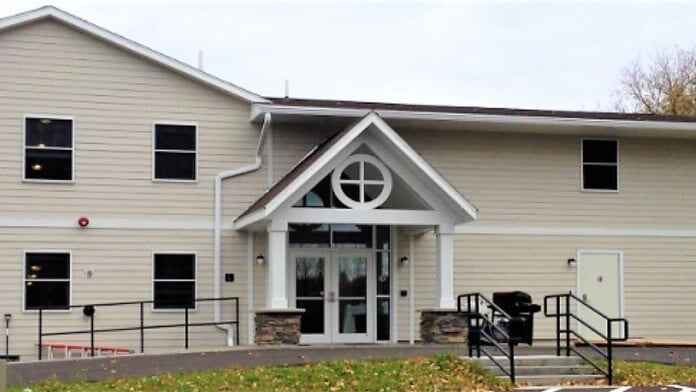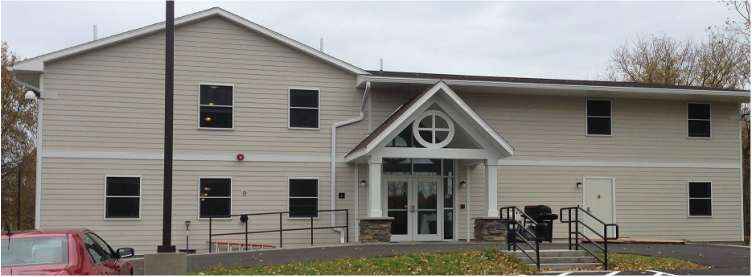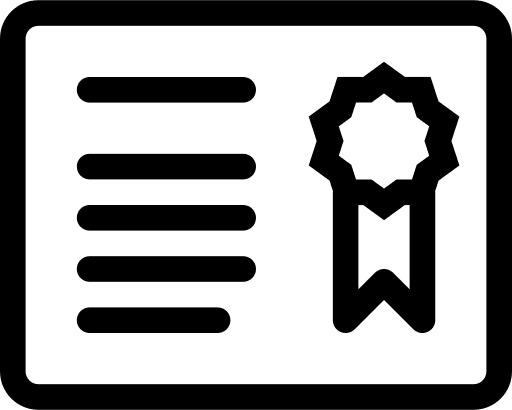About North Country Freedom Homes – Canton
North Country Freedom Homes (NCFH) is a community residential treatment program for individuals at the early stages of substance use recovery in Canton, New York. You should consider this program only if you’ve completed high-intensity inpatient care. This is because the program basically continues where your inpatient care stops. The idea is to keep you a bit longer in treatment to continue the recovery process, reinforce your relapse prevention techniques and achieve lasting abstinence. The program offers a safe, conducive and supportive space where you can work on relapse prevention and lasting healing.
Canton is a small town in St. Lawrence County in northern New York. The facility is situated west of downtown Canton within walking distance of local shops and restaurants.
The Grasse River runs through Canton and offers scenic views and a chance for outdoor activities if offsite recreation is supported. The Indian Creek Nature Center and Higley Flow State Park are other natural attractions featuring hiking trails, wildlife viewing and much more. This program incorporates 12-step practices. You should consider joining Canton Monday Night Group, an AA group that meets weekly within 1 mile of the facility.
There are also St. Lawrence Valley NA meetings held in Potsdam and Ogdensburg. St. Lawrence County Transit provides limited public bus service in Canton. The facility offers seamless access to Potsdam via US-11 and Ogdensburg via NY-68.
NCFH is grounded in relapse prevention as a means to achieving lasting abstinence and improving your quality of life. A comprehensive intake assessment helps the staff identify your core areas of need regarding achieving abstinence. This enables them to tailor recovery to your unique needs. A typical week involves participation in intense community group sessions, peer council and various classes or activities.
These are geared towards helping you better grasp how relapse may occur, including potential triggers. They’ll teach you how to spot your own warning signs of relapse using a mix of evidence techniques that work on your thoughts, feelings and behaviors. These might include cognitive behavioral therapy, mindfulness-based relapse prevention and motivational interviewing. You are then equipped with tools to manage triggers and help you prevent relapse.
You’ll also attend weekly meetings where your recovery plan and progress are reviewed by counselors and medical staff. This keeps everyone involved in your care updated on your progress. Additionally, you’re required to attend at least one individual session with your primary counselor to discuss your progress, challenges and recovery goals. That way, you’ll get consistent support throughout your recovery.
The program supports your smooth transition to independent living as you move forward in recovery. They’ll assist you in securing safe housing, income-generating jobs and referral to 12-step meetings. They’ll provide you with a 12-step meeting list and even link you personally with a program member. They also offer ongoing treatment, plus you have options to continue with their outpatient care.








